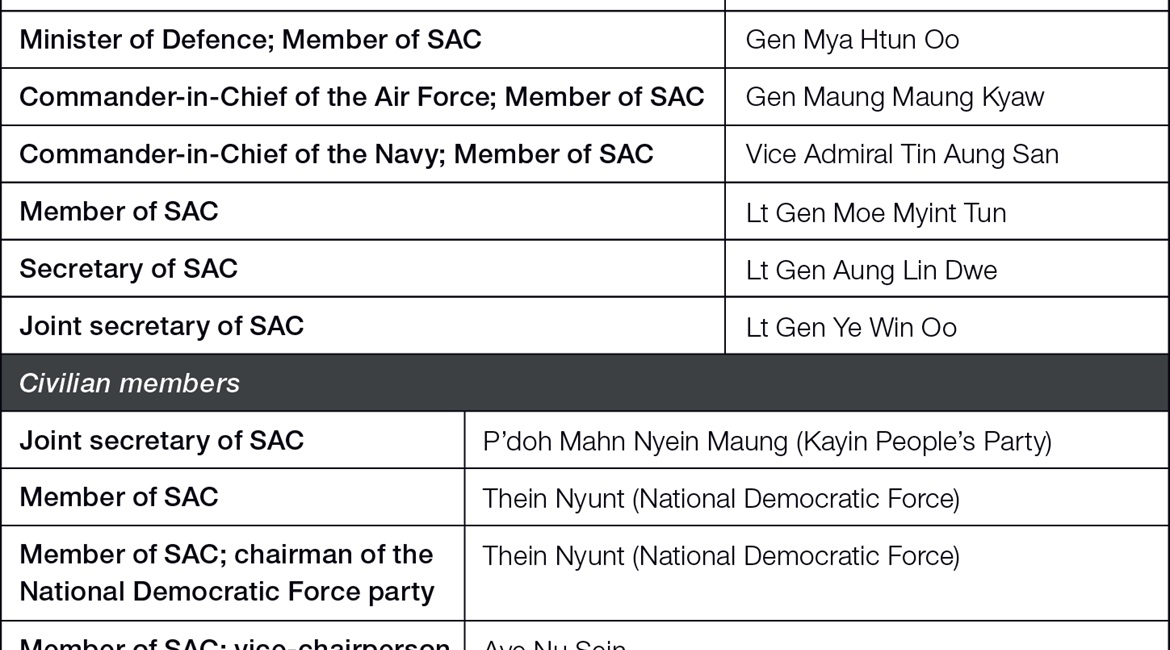
In a statement released on 13 April, the UN High Commissioner for Human Rights Michelle Bachelet warned that Myanmar was moving towards a “full blown conflict”. The comments followed the killing of at least 82 people when security forces opened fire on largely unarmed protesters demonstrating against the 1 February coup in Bago on 9 April.
Myanmar’s military (Tatmadaw) declared a state of emergency on 1 February in a military coup that vested all authority in Commander-in-chief General Min Aung Hlaing. At the time, the Tatmadaw declared that fresh elections would be held in February 2022. However, on 11 April, the Tatmadaw’s spokesperson told CNN that the state of emergency was likely to be extended by another six months and fresh elections delayed until at least February 2023.
Just before the military seized power, State Counsellor Aung San Suu Kyi, President Win Myint, and an unspecified number of Suu Kyi’s ruling National League for Democracy (NLD) party members were detained. The Tatmadaw’s actions very likely reflected its intention to reverse growing democratic consolidation under an Aung San Suu Kyi-led civilian government. The NLD won 396 of 476 seats (more than its 2015 election total of 380) in the November 2020 election. The main opposition Union Solidarity and Development Party (USDP) – which is aligned with the Tatmadaw – won 33 seats, eight fewer than its 2015 total of 41, further reducing the party’s – and therefore the Tatmadaw’s – influence over the legislative agenda.
Looking to read the full article?
Gain unlimited access to Janes news and more...






